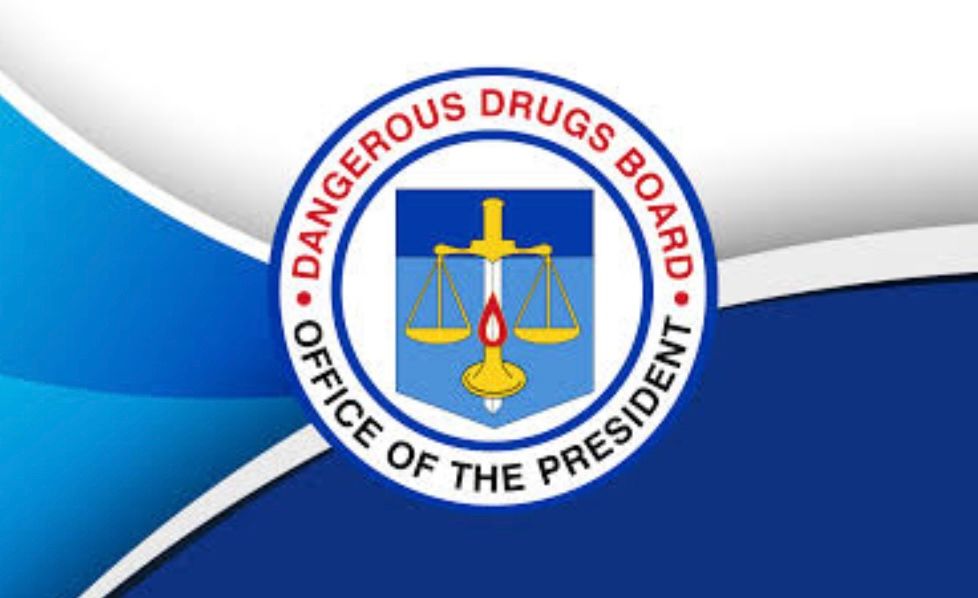DDB: Volume of seized illegal drugs in ASEAN drops by more than 43%
By Chito Chavez

The illegal drugs confiscated in the Association of Southeast Asian Nations (ASEAN) countries decreased by more than 43 percent based on the 2023 ASEAN Drug Monitoring Network (ADMN) report, the Dangerous Drugs Board (DDB) revealed on Monday, Oct. 28.
The DDB noted that the report was provided by Thailand during the 45th ASEAN Senior Officials Meeting on Drug Matters (ASOD) and covers comparative data between the 2022 and the 2023 drug haul.
In a statement, the DDB explained that the ADMN report provided an overview of the current drug situation across ASEAN countries and was highlighted by the significant decrease in arrests, drug cases, and the volume of drugs seized.
Despite the decline in seized drugs, the report stated that criminal networks have ramped up their operations, increasing drug smuggling and shifting their focus to maritime routes.
Additionally, the number of persons who use drugs (PWUDs) receiving treatment rose by more than 17 percent, with amphetamine-type stimulants (ATS) remaining the most commonly used drug.
In response to these developments, the report said that the ASEAN countries are advocating for stronger policy commitments and enhanced drug prevention and control measures.
“There is also a focus on encouraging more PWUDs to seek treatment,’’ the DDB said.
The DDB stressed that “the report reflects the collective effort of ASEAN member states to strengthen policies and improve program implementation, aiming for a safer and healthier region.’’
Earlier, the DDB led other government agencies and the private sector in reinforcing the concerted effort to reach a “healthy, drug-free lifestyle” in the country through the forging of an agreement.
In the commitment to achieve the said goal, the DDB, Philippine Drug Enforcement Agency (PDEA), the Quezon City government, Land Transportation Office (LTO), the Philippine Public Safety College (PPSC), 1-Rider Partylist, United Nations Office on Drugs and Crime (UNODC), and Transport Network Vehicle Service providers, signed the “Manifesto of Commitment and Support for a Drug-Free Philippines.”
DDB Chairman Catalino Cuy stressed the importance of augmenting preventive education efforts in ensuring equal access to the latest trends in prevention science and adopting available evidence-based interventions in treatment.
He also commended the government offices, organizations and the transport groups for their overwhelming support to the advocacy and commitment in the fight against drug abuse and illicit trafficking in the Philippines.